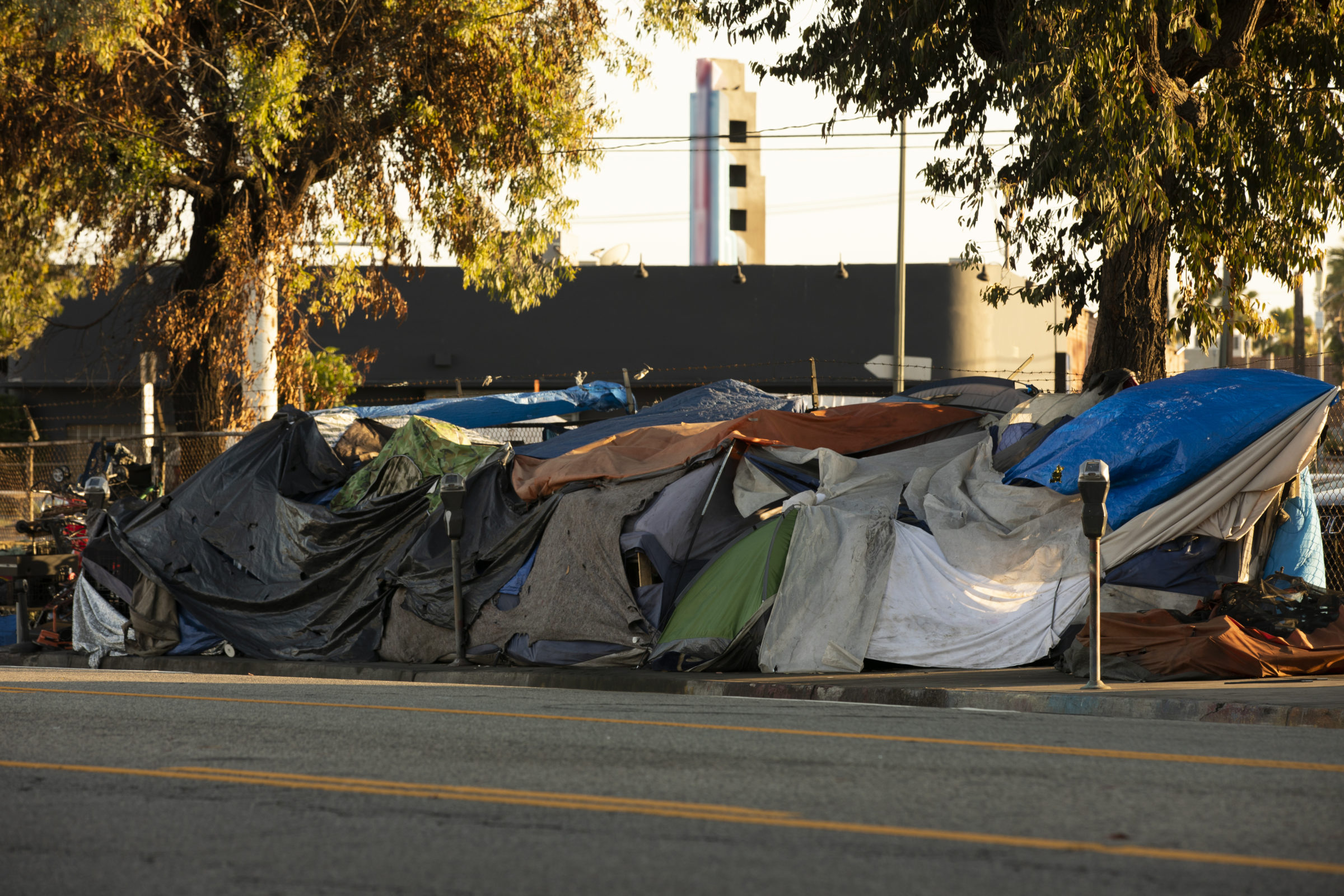Wealth & Poverty Review Homeless Encampments or Open Drug Scenes?
Michael Shellenberger has been making the rounds through interviews to discuss his new book, San Fransicko: How Progressives Ruin Cities. In this 9-minute clip from his interview on Dave Rubin’s show, The Rubin Report, Shellenberger explains that homeless encampments are a misnomer. A better term for them is “open drug scenes.”
Here’s a portion of the transcript below:
Michael Shellenberger:
What we call homeless encampments is really a euphemism for what European researchers call open drug scenes, so San Fransicko really describes the whole history of “How did we get here?”
Basically, we’re in the midst of two overlapping drug epidemics. The more famous one is around opioids. It started with the overprescription of opioids in the late 90s/early 2000s. We then curtailed doctor prescriptions around 2010. A lot of people switched to heroin. Now a lot of people are using fentanyl and dying. 93,000 people died last year, Dave, from illicit drugs. It’s scandalous. It’s a moral failing. That’s almost five times more people than die from homicides in the United States, about three times more than die from car accidents, up from 17,000 in the year 2000. This is a moral crisis.
It’s disproportionately impacting California. Homelessness increased in California 31% over the last 10 years while declining 18% in the rest of the United States. So what we’re seeing in Venice Beach, in the Tenderloin neighborhood of San Francisco, in Skid Row in Los Angeles, but also in the Blade neighborhood of Seattle, in Portland where I just visited – I was just in Portland – but also in Vancouver, and now we’re seeing very similar situations in Philadelphia – the Kensington neighborhood.
So these are all best referred to as open drug scenes. I think that’s the right way to think about them, that’s the academic word.
There’s only one way to deal with them is that you have to require people to use shelter. You can’t let people camp in public. I know that sounds like a radical idea, but that’s not okay. There is some role for providing people with housing, but they should earn it by making progress on their personal plan toward recovery from addiction or taking control of their psychiatric illnesses. But we need a shelter-first policy, we need a treatment-first policy. The Housing First policy we have has completely failed. It’s basically unethical because it doesn’t actually try to deal with the root of the problem which is addiction.
The Rubin Report, “How Progressive Policies Hurt the Poor Most (Pt. 2)” featuring Michael Shellenberger

